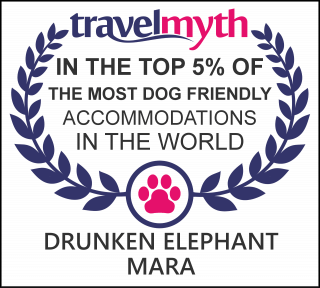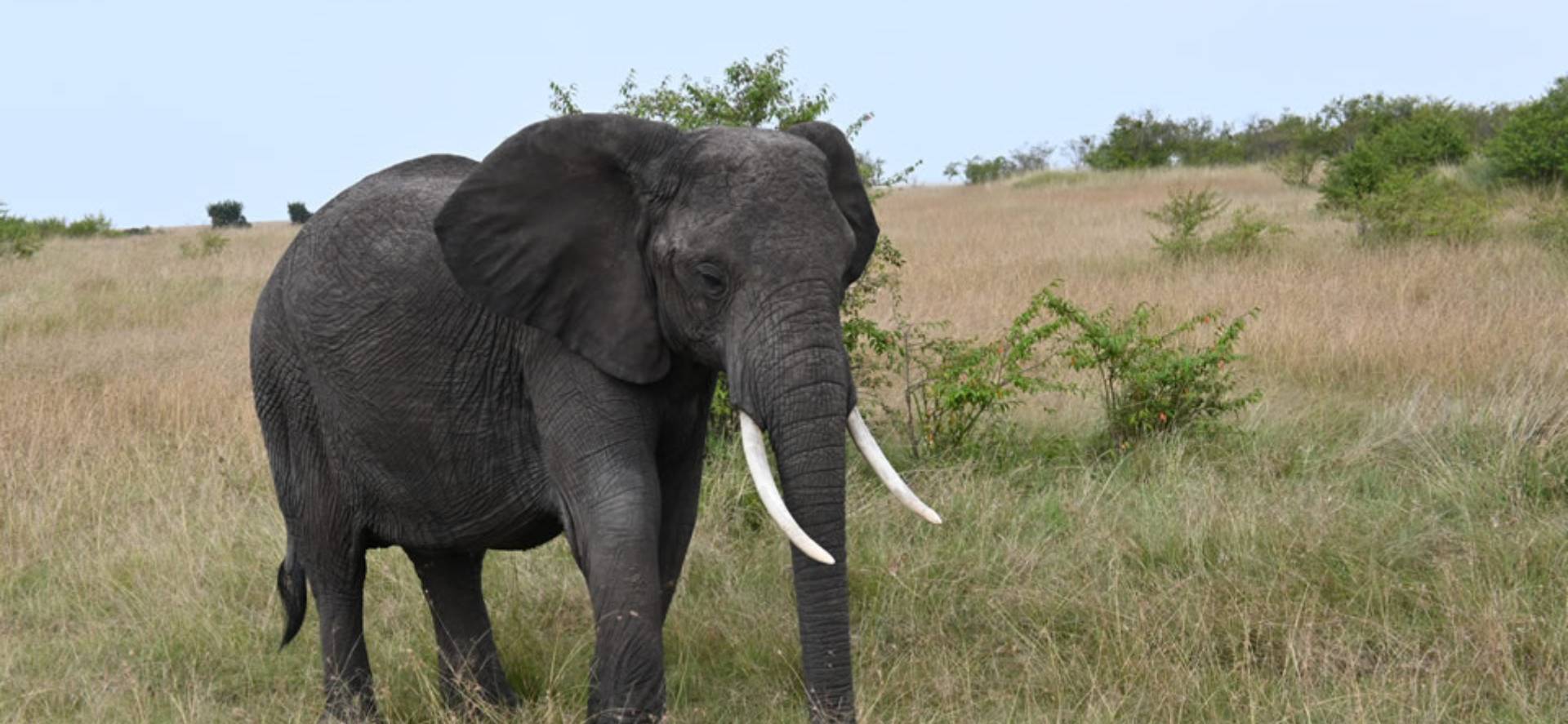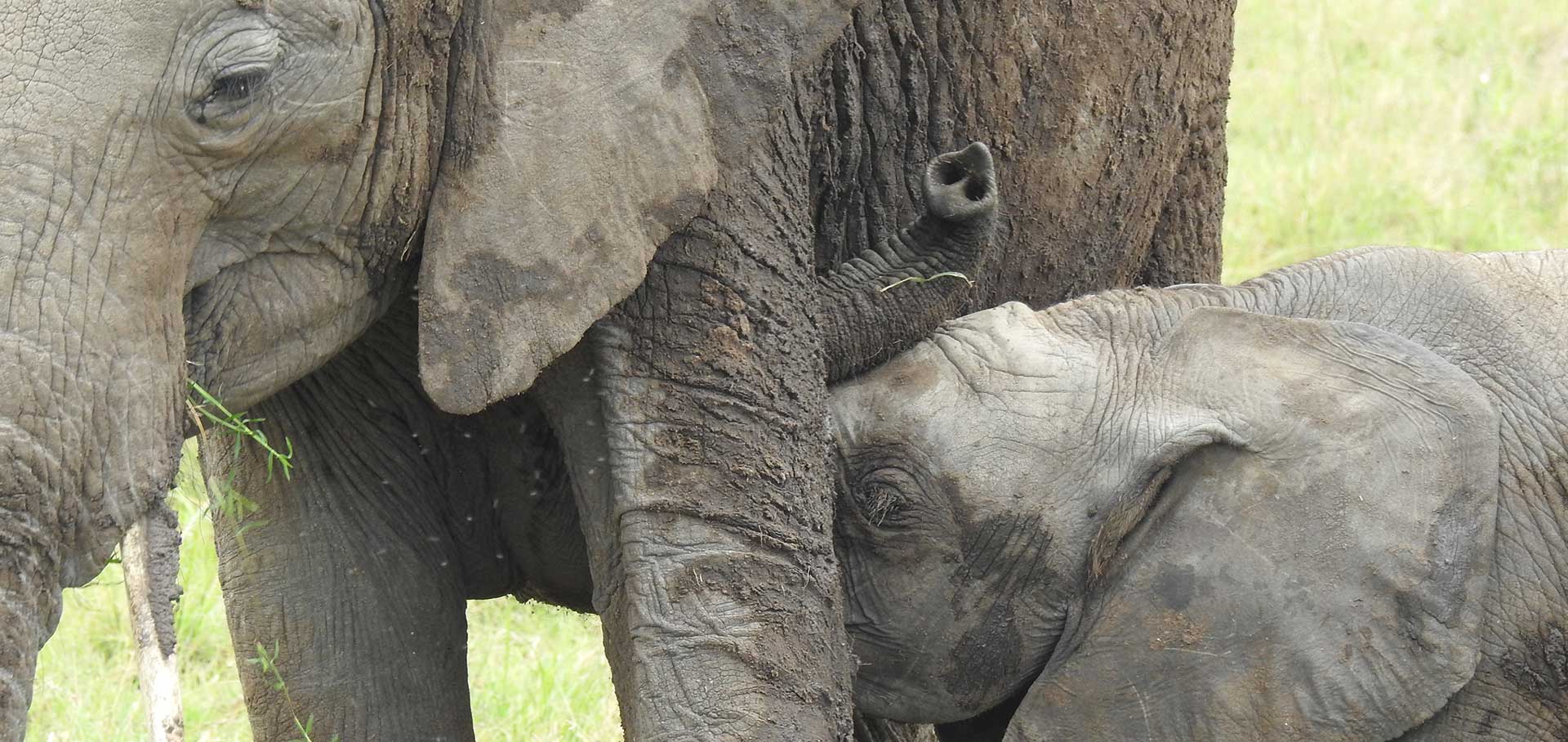If you are planning to travel to East Africa on safari, you will require a number of immunisations before you travel. Please consult your GP or local doctor at least 6 weeks before you travel.
Yes, there are some recommended and required vaccines for Kenya. A traveler’s Kenya vaccine requirements may differ depending on which areas they will be visiting. People are advised to seek medical advice several weeks before their trip. A doctor or other health professional can offer personalized recommendations. As a guide, the lists below explain the main vaccination requirements for Kenya.
Whilst these are not required vaccines for Kenya, all travelers should consider getting the following shots:
Tetanus : Tetanus is caused when soil or manure gets into a cut or scratch and it becomes infected.
Hepatitis A : This is mainly passed on via contaminated food. Those visiting places with poor levels of hygiene and sanitation are particularly at risk.
Polio : Polio is a viral disease that affects the central nervous system and can have particularly devastating effects in children. It is contracted by coming into contact with infected people or through contaminated food and water.
Typhoid : Typhoid is a bacterial infection and is caught by consuming contaminated food and water. Those visiting friends and relatives or places with poor sanitation are especially at risk.
Travelers visiting certain areas of the country may also be recommended the following vaccines for Kenya:
Hepatitis B : Children with cuts and scratches are particularly at risk. 2% of the Kenyan population has the disease.
Rabies : People catch rabies when the saliva of an infected animal enters their bloodstream via a bite, scratch or lick. Dogs, cats, and bats are the most common source of the disease. It’s best to avoid all contact with animals during your stay.
Yellow fever : A yellow fever vaccine is a required vaccine for Kenya when traveling from a country where the disease is prevalent. A yellow fever vaccination certificate is needed to enter.
Cholera : Cholera is a bacterial infection that is contracted through contaminated water and food. The risk is higher in places without proper sanitation and where clean drinking water is unavailable.
Meningococcal Disease : The most common type is meningitis. The disease is spread through respiratory droplets or secretions. Kenya lies in what is sometimes referred to as the “Meningitis Belt” of sub-Saharan Africa.
Tuberculosis : Tuberculosis is a serious bacterial infection that affects the lungs. It is spread through respiratory droplets.
Travelers should be up to date with several routine vaccines before going to Kenya:
- Measles-Mumps-Rubella (MMR)
- Tetanus, Diphtheria & Pertussis (TDAP)
- Chickenpox
- Shingles
- Pneumonia
- Influenza
- Polio
In addition to getting the recommended and required vaccines for Kenya, travelers should follow safety advice such as avoiding areas with poor sanitation and always drinking bottled water. Visitors should also check Kenya visa requirements and Kenya visa policy well ahead of departure.
It is recommended that travelers are fully vaccinated for COVID-19 before traveling to Kenya during the pandemic. Nevertheless, COVID-19 vaccination is not an entry requirement. Instead, overseas arrivals must have a negative COVID-19 PCR test taken at most 72 hours before arrival. It is also necessary to complete a travel health surveillance form online before departure. Kenya’s COVID-19 entry and vaccine requirements are subject to change at short notice.
There have been some cholera outbreaks in Kenya in recent years. However, cases of this waterborne disease are localized to the counties of Garissa, Kirinyaga, Mandera, Turkana, and Wajir. Cholera in travelers is rare and visitors can stay safe by getting a cholera vaccine before they go and taking precautionary measures such as
- Drinking, cooking, and brushing teeth with bottled water
- Boiling water if bottled is not available
- Washing hands frequently with soap and water
- Peeling fruits and vegetables
- Cooking food, especially seafood, thoroughly and avoiding raw food
There is a moderate risk of malaria in Kenya. Travelers are advised to take prescription malaria prevention tablets in the days leading up to, during, and after the trip. A doctor can recommend the best type of medication.
Other ways to prevent getting the disease include covering arms and legs, using insect repellent, and sleeping under mosquito nets.
Clothes
We suggest ‘layering up’ for game drives as it is cooler in the early mornings and you can remove the layers as the day heats up. The temperature also drops slightly in the evenings so it’s a good idea to bring a warm fleece and covered shoes for night-time.
Footwear
Either comfortable walking shoes or light-weight hiking boots are appropriate for all safari activities.
Other essentials
For protection against the sun, a brimmed hat, sun tan lotion and sunglasses are also suggested. A pair of binoculars for use on game drives is highly recommended. Be sure to bring a camera, possibly with a zoom lens and enough memory card space as the photo opportunities will be endless.
Extras
Other items to consider include: lip balm (it can get quite dry in the Mara), insect repellant and a good book to read!
Please visit: www.evisa.go.ke
From 01 January 2021 all travellers requiring a visa will need to apply for an e-visa in advance. For more information visit www.evisa.go.ke
Please note that if you get an East African visa, it is not valid for travel to Tanzania. And if you visit Tanzania between two other participating East African countries your East African Visa will become null and void and you will need to obtain a new East African Visa.
For new bookings confirmed from 1st February 2022, with departure dates after 1st April 2022, if a Traveller cancels a booking for any of the three events listed below, they will be eligible to receive a full refund for amounts paid to Drunken Elephant Mara
1. Within 45 days of the booking, COVID-19 or any other global pandemic causes a Traveller to be unable to travel because of:- (A) An inability to reach the destination country by commercial airline, or
- (b) Personal health complications due to the pandemic, or
- (c) A government imposed mandatory quarantine at, or closure of, a border that exists in a Traveller’s departure country or any of the countries a Traveller will be visiting Drunken Elephant Mara during the booking.
- (a) A Traveller receives a positive test for COVID-19 or any other global pandemic disease, or
- (b) A Traveller is quarantined, and that quarantine lasts until the date of travel in the booking.



